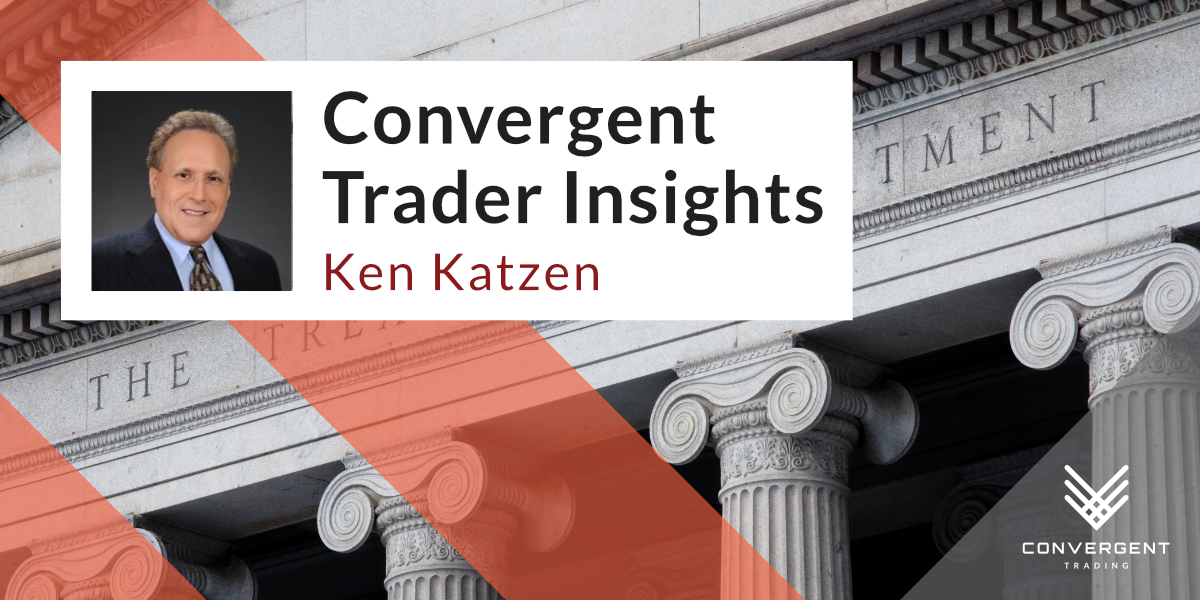The Moment of Truth
Ever heard the phrase “Moment of Truth?” thefreedictionary.com defines it as “a critical or decisive time on which much depends; a crucial moment.” Drama aside, the connotation in today’s vernacular is the realization that what you are about to do is important, and indeed, is not just one of the many daily decisions we make, but is likely to have other-than-temporary consequences. In engaging with the financial markets, the concept of the Moment of Truth is something we face daily. But fortunately, in trading, these aren’t life-or-death decisions — but approach them haphazardly in a successive row, and a trader is very likely to see a strong probability of a career-ending situation.
So, what should be important when you make the decision to engage with the market? It’s a prerequisite that if you are serious about trading professionally, you will already have some good ideas of what to do. But rather than give you a strict checklist of what you should do, I’m going to leave this up to your judgment and instead give you some ground-rules for what you shouldn’t do, because — unlike fooling around on a whim with your risk limits or stops — this is an area of trading that you need to fine-tune for what is right for you.
Considering those constraints, here is what NOT to do before you click the mouse button and create a permanent record of your interaction with the market:
1. Don’t: Buy (or sell) just because prices look like they’re going up (or down). Interesting this can be one of the siren songs of the markets, but by definition, it deprives you of the logical reasons for entering a trade. If you don’t understand what is likely going on and why you entered in the first place, you are stacking the odds unnecessarily against you;
2. Don’t: Skip your homework. After all, it’s time-consuming, and you rather be out hitting the pub or streaming videos. Why take the time? For the same reason that if you faced the rest of your life in prison and your trial started today—that you would depend on your lawyer to know the facts of the case, have studied them, and be committed to defending you. If you wouldn’t want him to “wing it”—why should you allow yourself?
3. Don’t: Try and “make up” for that last stop (or stops) you took. They really were stupid trades, right? What were you thinking? But this one, you know, it just “looks” like a winner. And I’m sure it’ll make up for the other losses, right? I just “feel” it;
4. Don’t: Enter based on what someone else is doing. After all, man those Head Traders have to know what this trade will do. And they wouldn’t engage unless they were sure right? Guess what? I have no certainty of what will happen with a trade. But what I do differently and why I take it is because I have done the homework, planned it, know where I’m wrong, and will not hesitate to make an objective decision that is in the best interest of my account;
5. Don’t: Overlook being keenly self-aware. How is your psychological (or emotional, or physical) state? Tired? Overworked? Sick? Upset? It can be challenging enough to trade when those factors are functioning 100%–much less when you’re competing against professionals who are at the top of their game;
6. Don’t: Disrespect your risk, and the amount you are willing to lose if the trade doesn’t work. Man, this can’t move any further! I’ve just taken two stops. And all these other traders seem like they’re killing it. Just a few more ticks. Just a couple more points. It has to come back, right? So, while you do have some latitude in considering what’s important to you before you click the mouse—I would make sure and have a clear understanding of what you will do after you decide to click the mouse, and have to grade yourself on your own Moment of Truth.
– Ken Katzen (@Longshortorflat, a Head Trader at Convergent Trading)
🔑 Unlock Your Trading Edge!
Join Cohort 5 of the Accelerator Program
🗓️ Program Dates: Friday, April 18th – Friday, May 23rd, 2025
Only 50 seats are available, so sign up now to secure this amazing deal:
⚡ Accelerator Program – Five weeks self-study course & live AMA sessions, followed by one full week of live trading & skills workshops, designed to give you everything you need to trade! ➡️ $500 discount off the full price of $3,000!
⚡ 6 months of Convergent Trading Community membership – all the benefits of the Convergent Trading Community, including the Trade Right Program, to provide a platform for you to put your new skills to work!* ➡️ worth $774!*
⚡ 50% lifetime discount on Convergent Trading memberships**! ➡️ worth $$$!
⚡ BONUS MATERIAL– special training for planning how to trade in the current news-driven environment, tariffs, tweets/truths & all!➡️ worth $299!
➡️ TOTAL PRICE: $4,073 Only $2,500!**

